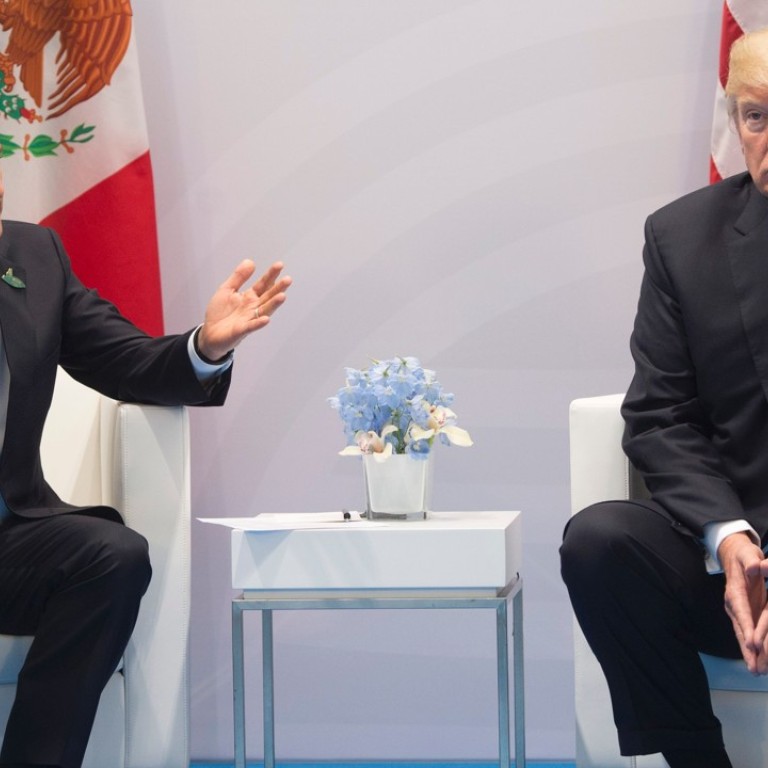
Leaked transcripts of Trump calls reveal fraught relationships with world leaders in excruciating detail
Trump told Australia’s PM Malcolm Turnbull their call was ‘ridiculous’ and ‘unpleasant’ compared to talks with Vladimir Putin, while he appeared to try to order Mexico’s President Pena Nieto not to complain about border wall plan in public
Leaked transcripts of phone conversations between Donald Trump and two world leaders show the US President relentlessly focused on his political image and underscore in excruciating detail some of the difficulty he has had navigating foreign affairs.
The conversations between Trump and Australian Prime Minister Malcolm Turnbull and Mexican President Enrique Pena Nieto during Trump’s first week in office offer a window into the president’s occasionally fraught relationships with other world leaders and his approach to negotiating toward his goals.
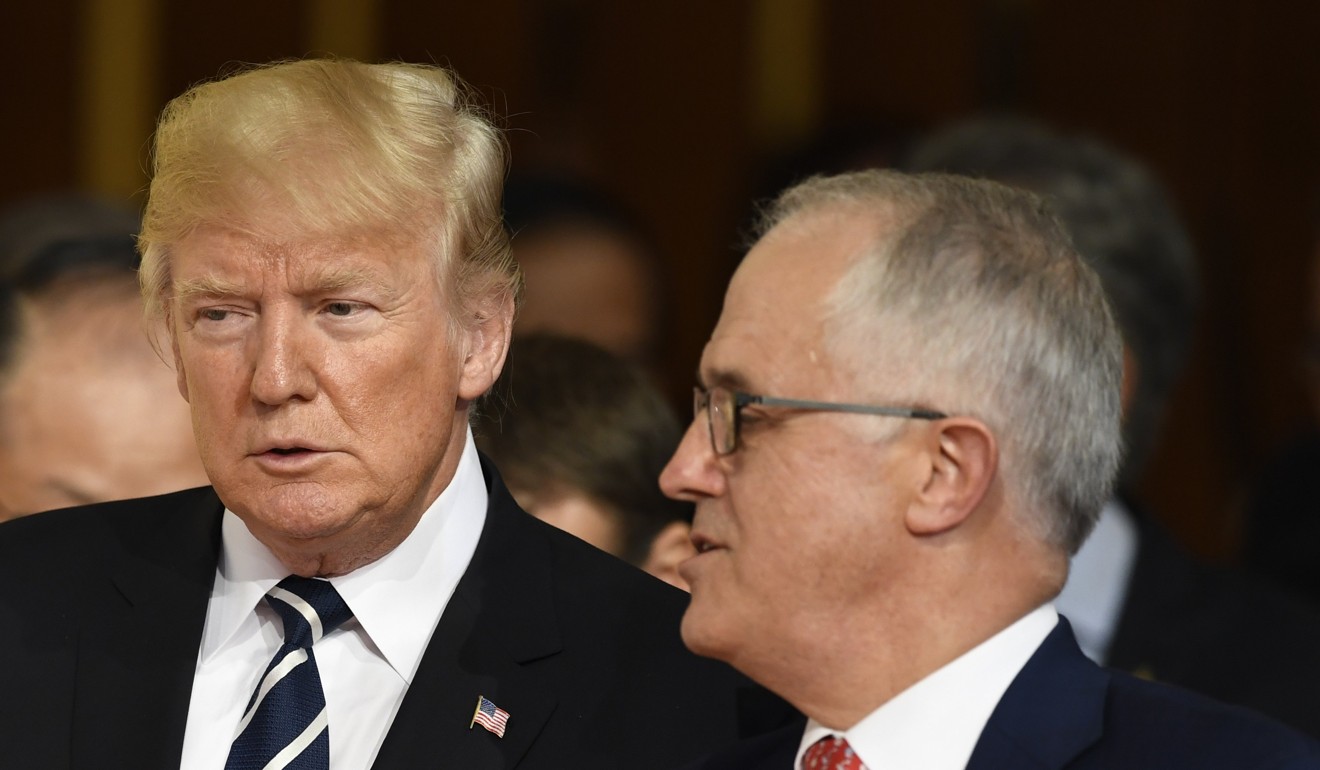
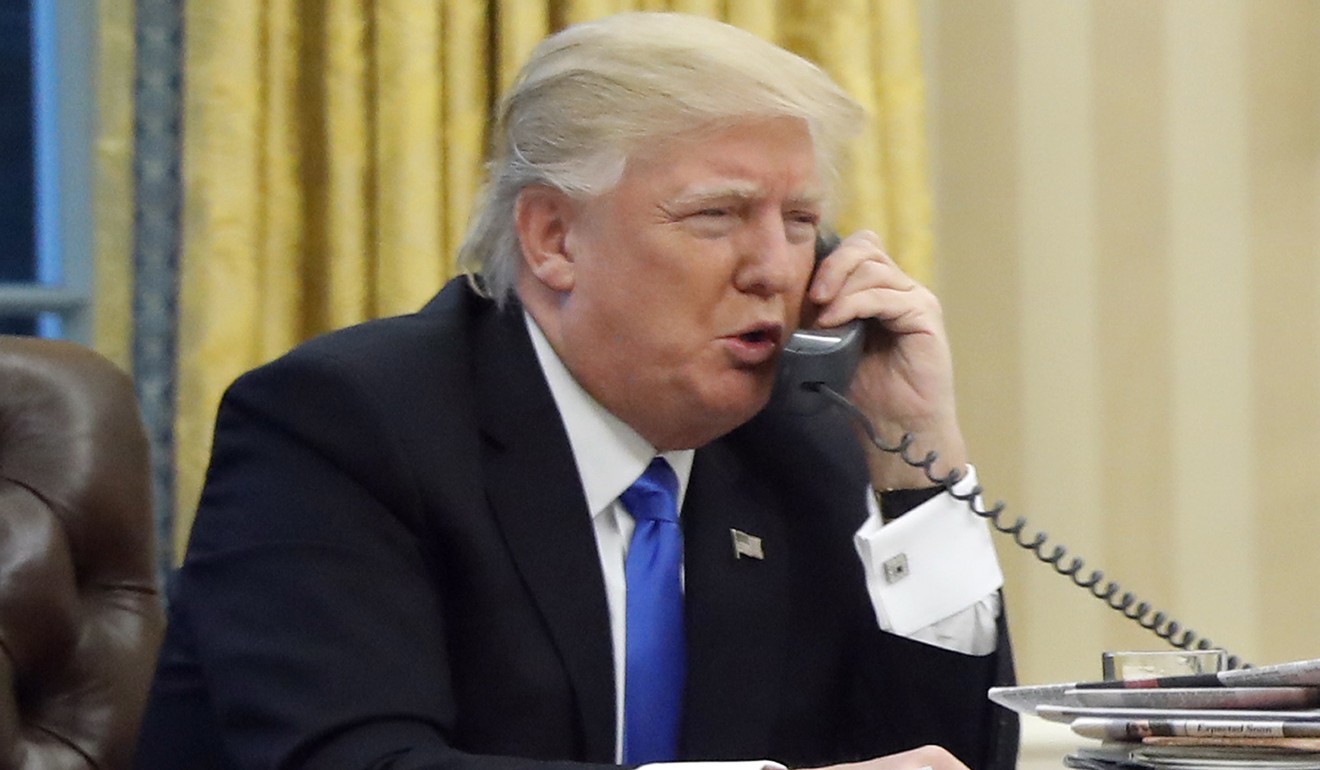
He tells Pena Nieto to stop saying Mexico won’t pay for its construction, arguing they could work out a deal so that the cost would “come out in the wash.”
I have had it. I have been making these calls all day and this is the most unpleasant call all day. Putin was a pleasant call. This is ridiculous
“You cannot say that [Mexico won’t pay] to the press,” Mr Trump complained. “The press is going to go with that, and I cannot live with that.”
In his call with Turnbull, the president vents about the Australian prime minister’s insistence that Trump honour a deal struck by former President Barack Obama’s administration to allow 1,250 refugees housed by Australia into the US
“This is going to kill me,” Trump told Turnbull, calling the deal “stupid” and saying it “will make me look terrible.” The president goes on to describe the phone call - which capped a marathon day in which he also spoke to the leaders of Russia, Germany, Japan, and France - as his worst call of the bunch.
“I have had it,” Trump tells Turnbull, “I have been making these calls all day and this is the most unpleasant call all day. [Russian President Vladimir] Putin was a pleasant call. This is ridiculous.”
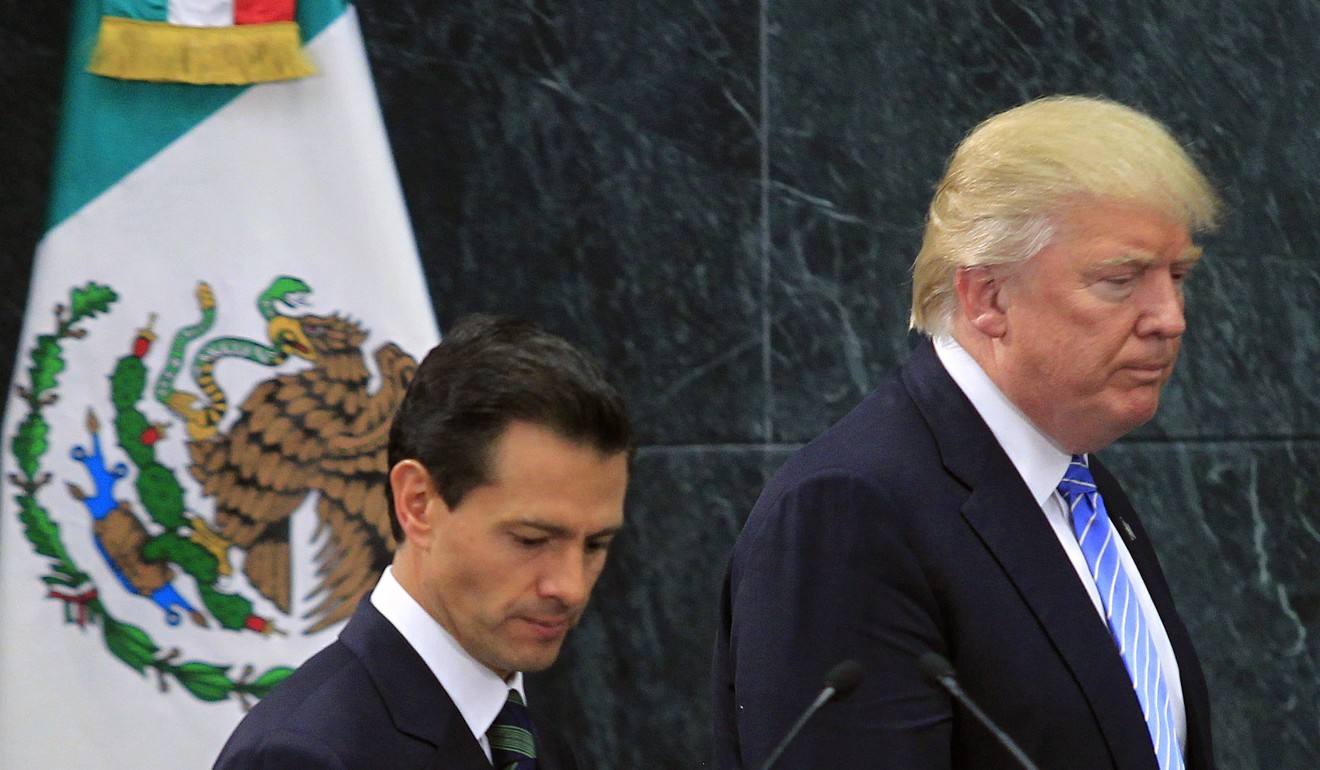
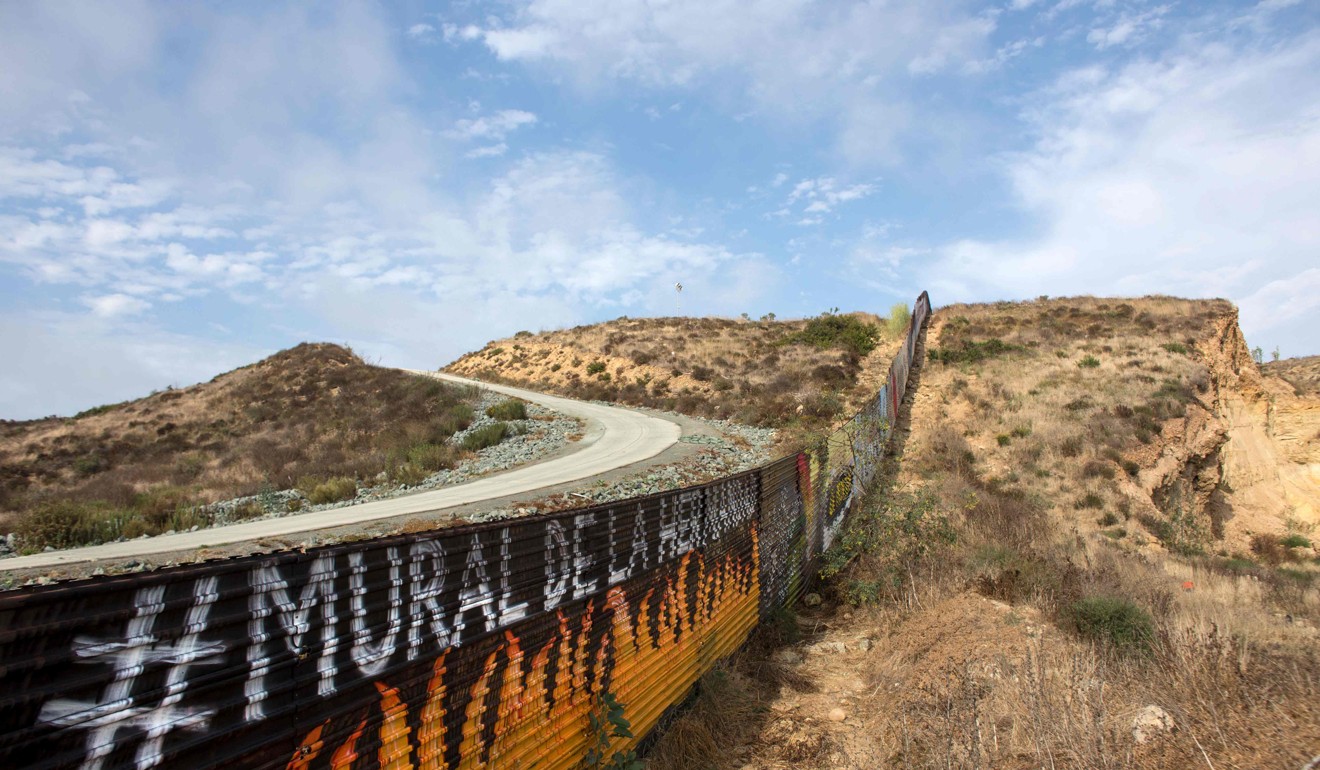
The conversations are peppered with the president’s signature braggadocio and flair for the politically incorrect.
You cannot say that [Mexico won’t pay] to the press. The press is going to go with that, and I cannot live with that
He tells the Mexican president that he “won New Hampshire because New Hampshire is a drug-infested den.” However, Democrat Hillary Clinton won New Hampshire’s electoral votes in the general election, though Trump did win the Republican primary there. The comment has drawn criticism from Democratic lawmakers in the state, with Senator Maggie Hassan calling the characterisation “disgusting” and Senator Jeanne Shaheen saying Trump owed New Hampshire an apology.
Trump also claims to have earned the votes of a “large percentage of Hispanic voters,” brags about the size of his campaign crowds, and offers to help “big league” with Mexico’s “pretty tough hombres” responsible for the drug trade.
The transcripts show Pena Nieto and Turnbull struggling to reconcile Trump’s words with the norms of international diplomacy, the actual terms of trade and migration deals, and his publicly professed positions.
When Pena Nieto says that he will continue to be firm in saying Mexico could not pay for the wall, Trump implores him to not say so to the media, i what sounds like an attempt at a direct command: “You cannot say that to the press because I cannot negotiate under those circumstances.”
Pena Nieto’s office subsequently said in a statement that the two leaders agreed to stop publicly talking about who would pay for the wall. But Trump said just before meeting with the Mexican president at the G-20 summit last month in Germany that Mexico “absolutely” should pay for the barrier, though he didn’t raise the issue with Pena Nieto.
At one point in their phone call, Trump also seems to threaten Mexico with a border tax on imports, saying he was contemplating 35 per cent tariffs on products “ripped from their foundation” in the US and moved to Mexico, with lower rates imposed on other goods. Former White House press secretary Sean Spicer floated that idea to reporters days later, only for the White House to retreat publicly from the idea.
Pena Nieto says he is “surprised” by Trump’s tariff idea, saying it deviated from the staff-level discussions between their nation.
“The proposal that you are making is completely new, vis-à-vis the conversations our two teams have been having,” the Mexican president said.
The conversations also foreshadow some of the broader foreign policy headaches that have plagued the president’s first six months in office.
Trump got a frosty reception at a pair of world summits in Europe, with traditional US allies expressing frustration with his willingness to go back on deals negotiated by the Obama administration. Trump’s decision to withdraw from the Paris climate accord left the US isolated during that discussion at last month’s G-20 summit in Germany.
The US president’s focus on catchphrases and threats has also proven a sticking point among traditional allies. Germany’s Angela Merkel has signaled frustration with Trump’s insistence that her country, whose trade relations with the US are governed by a broader European deal, is exploiting US-German trade. The president’s insistent suggestions that NATO allies owe back payments to the alliance because of a mutual agreement for each country to reach a certain defense spending goal has also earned eye-rolls within Europe.
Trump’s gruff and occasionally confrontational matter has also ruffled feathers and led to memorable diplomatic moments, from shoving his way to the front of a G-20 family photo to awkward handshakes with other leaders.
And while Trump frequently said on the campaign trail that he would use his business acumen to pressure China into curbing North Korea’s nuclear and ballistic missile ambitions, provocations have continued. Earlier this week, Trump tweeted he was “very disappointed ” with China over the issue.

